Philanthropy in a Gift Economy
Photo: Alyssa Sieb
As this season of gratitude unfolds, I’m reminded of the profound power of giving — not the transactional kind that perpetuates our current economy of commodification and extraction, but the sacred, relational kind that is inherent in the natural world.
I recently reread Braiding Sweetgrass by Robin Wall Kimmerer, and was drawn to her chapter on reciprocal relationships. In it, Dr. Kimmerer describes the ways that a gift economy maps to natural processes, including how gifts are more than objects, they are living vessels of healing and connection.
Her framework is especially resonant at this time when we need to collectively root ourselves in reciprocity, abundance, and love to navigate the anticipated challenges ahead.
A History of Relational Giving
The gift economy does not commodify relationships. Instead, it builds and sustains them. It reminds us that giving is not an act of charity but an act of solidarity, an acknowledgment that our well-being is tied to one another.
In Black history, we see this ethos manifested in mutual aid societies, which thrived long before formal welfare systems existed and still exist today. These collectives pooled resources, not out of surplus, but out of shared need and commitment to community care.
Black Wall Street in Tulsa was an embodiment of this principle — an ecosystem where wealth circulated within and among the whole community, creating a flourishing hub of Black entrepreneurship and innovation. The horrific violence against the Black Wall Street community also shows how Black collective power is perceived as dangerous to people who have to be “at the top,” such that they are willing to do anything to keep it that way.
Modern Philanthropy: A Call for Transformation
Today, philanthropy often mimics the structures of the commodity economy when grants are transactional, with burdensome application and reporting requirements, proscribed project outcomes, and limited funding. This creates power imbalances and can erode trust. Furthermore, donations are frequently framed as benevolent gestures, rather than reparative acts that respect the humanity of those impacted by systemic inequities.
At the Black Future Co-op Fund, we strive to embody the spirit of the gift economy. We believe that the nature of an object changes by the way it comes into your hands. Our work is grounded in principles that elevate Blackness and trust in Black leaders to know the solutions that best serve their neighborhoods. We understand healing as both a personal and collective journey. And we recognize that shared abundance is not aspirational but achievable when resources flow freely and equitably.
Centering Gratitude, Honoring Legacy
As we center gratitude this season and every season, let us remember that giving is not just about generosity but about justice. It is a way to honor our ancestors, who laid the foundation for our resilience and brilliance. It is a way to build upon their legacy, creating a world where every person, regardless of their background, can thrive.
The gift economy teaches us that we are not separate from one another. As the Black Future Co-op Fund shows, when we center Blackness, trust communities, and commit to healing, we not only transform philanthropy — we transform ourselves and society itself shifts.
Together, let us move beyond charity into a shared practice of liberation.
A Vision for Liberatory Philanthropy
Philanthropy can — and must — change. Here are calls to action for transforming giving:
Philanthropists:
Embrace gifts that recognize Black people’s worth. Reduce and/or remove application and reporting requirements, which often reinforce extractive dynamics.
Make multi-year commitments, demonstrating faith in the long-term visions of Black leaders.
Most importantly, engage in reciprocal relationships — invest in the community not as a benefactor but as a partner in shared liberation.
The Black Community:
Step boldly into spaces that have historically marginalized us.
Demand to be seen, to be heard, to ask for what you need, and to shape the future on our own terms.
Let healing be a revolutionary act, one that disrupts narratives of scarcity and celebrates the richness of our cultures, contributions, and collective power.

